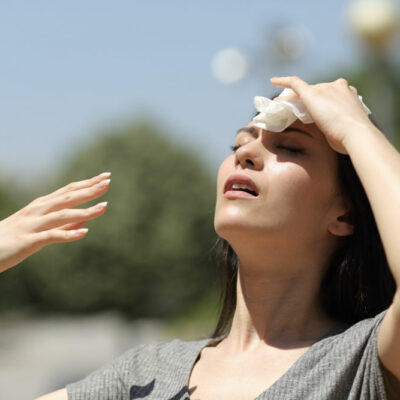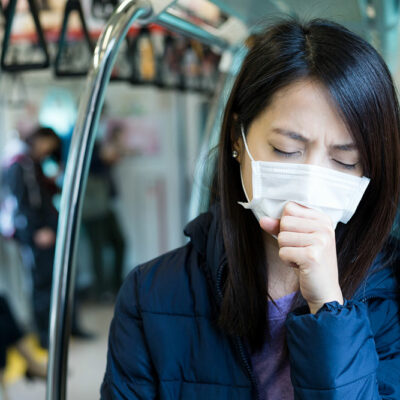
8 alternatives to using tampons
For decades, tampons have been the go-to solution for menstrual hygiene for women all over the world. But traditional tampons and pads create a significant amount of waste and can be uncomfortable for many women. With increasing concerns about the environmental impact of disposable menstrual products and health issues associated with tampon usage, many women are now looking for sustainable, eco-friendly, and easier alternatives. Here are 8 best alternatives to tampons that one can consider. Menstrual cups Menstrual cups are a popular alternative to tampons. They are small, flexible, and made of medical-grade silicone or latex. Menstrual cups can be worn for up to 12 hours and can be reused for up to ten years, making them a cost-effective and eco-friendly option. Period underwear Period underwear or pants is designed to absorb menstrual blood and can be worn alone or as a backup to other menstrual products. These underwear come in a variety of styles and absorbency levels, making them a versatile option for women. Reusable pads Reusable pads are a soft, comfortable, and an environmentally-friendly alternative to the traditional disposable pads. They can be washed and reused multiple times. Made from a variety of materials like cotton fleece, polyester, micro-fiber bamboo and other absorbent fabrics, reusable pads come in a variety of sizes.
Read Article 









